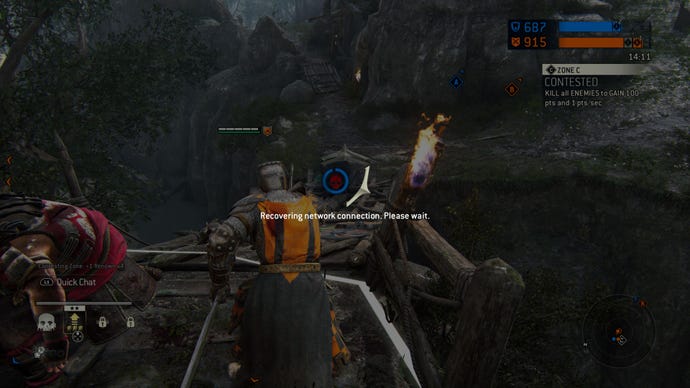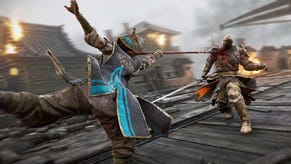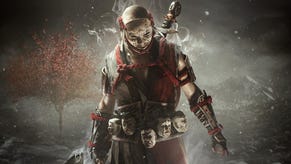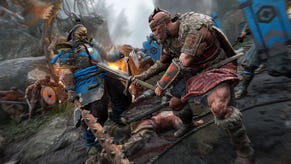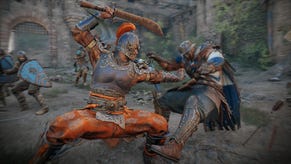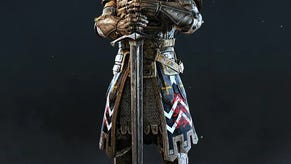For Honor video shows how frustrating peer-to-peer can be
Peer-to-peer in a game with such a high skill ceiling like For Honor can be really frustrating if you're on the receiving end of some abuse.
For Honor is the latest gaming sensation among players. Everyone's talking about it, but sometimes, it's not for the right reasons.
As you've no doubt seen yourself if you're playing the game, or in the countless videos and forum posts online complaining about the state of online play, For Honor relies on peer-to-peer as its networking solution. Although this is usually the case with fighting games - and For Honor certainly has much in common with Street Fighter and Mortal Kombat, the game's 4v4 modes suffer the most from this.
The downsides of using peer-to-peer are plenty. Lag switches and host advantage come mind, as do a myriad of NAT issues that are sometimes hard to solve. For its part, developer Ubisoft Montreal confirmed prior to the game's launch that For Honor's networking model doesn't rely on the connection of a single player to host a game.
Instead, matches are hosted using the connections of all players. While this may seem impressive, the result is the same: constant disconnects from players and other problems typical of peer-to-peer games such as teleporting opponents. If you know anything about how For Honor plays, you'll know any of these issues can be a death sentence to a skill and timing-based game like this.
This issue is exacerbated further because the game does not offer any early quit penalties. Sometimes, you're not sure if your opponent rage-quit or simply suffered a connection problem. You won't have to look far to see comments calling for the game to adopt a dedicated server model.
While dedicated servers are almost always a better solution, running a large number of servers across the various regions would cost Ubisoft a lot of money, certainly more than it's spending now on the game's peer-to-peer solution. There's also the fact that Ubisoft Montreal will need to rewrite large parts of the game's networking code for the game to transfer over flawlessly to the new system, which is not an easy task.
The video above from CrowbCat reflects what a large portion of those affected by these issues feel at the moment. For some, these issues come up at least once every five games.
[image] via The Jimquisition.
